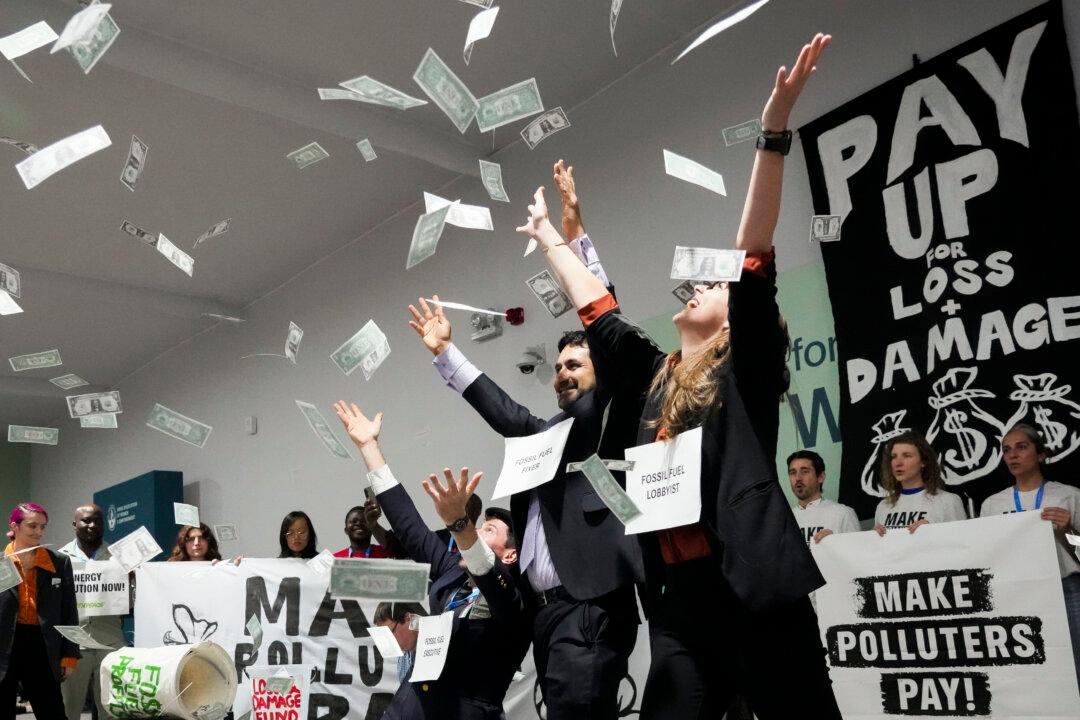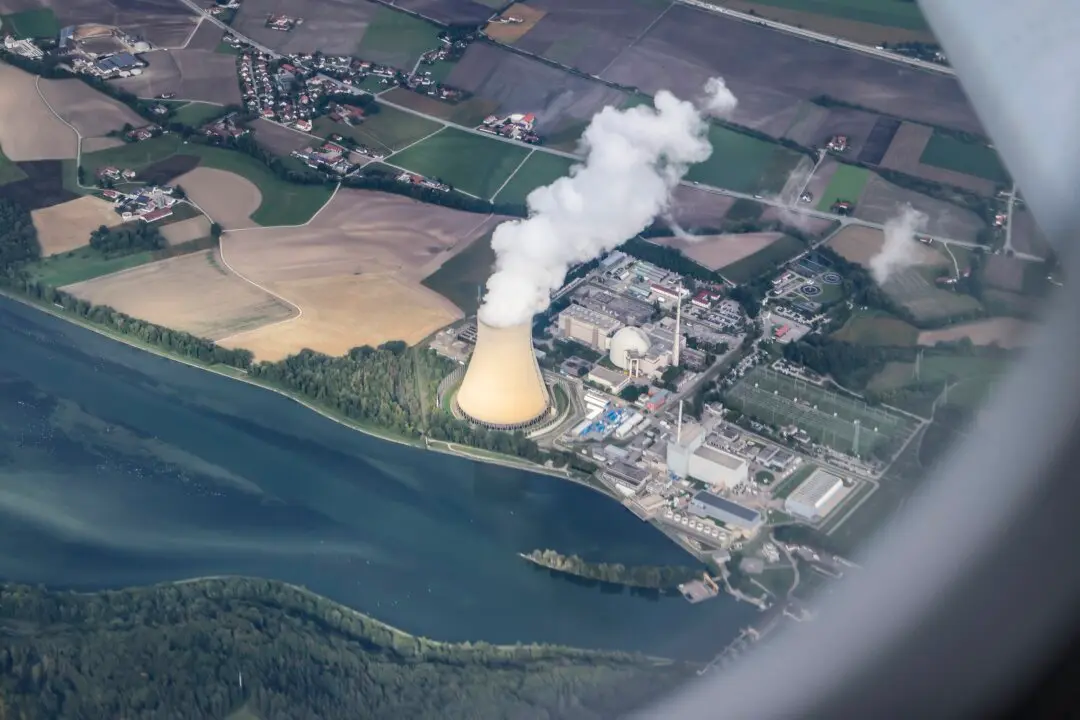A new draft text from the COP29 climate summit is calling for $250 billion per year from developed nations to poorer countries.
The COP29 climate summit presidency released the draft finance deal on Nov. 22, as world governments in Baku, Azerbaijan, try to agree on a sweeping funding plan to tackle climate finance that would see an annual transfer of money. The summit began on Nov. 11 and runs until Nov. 22.




